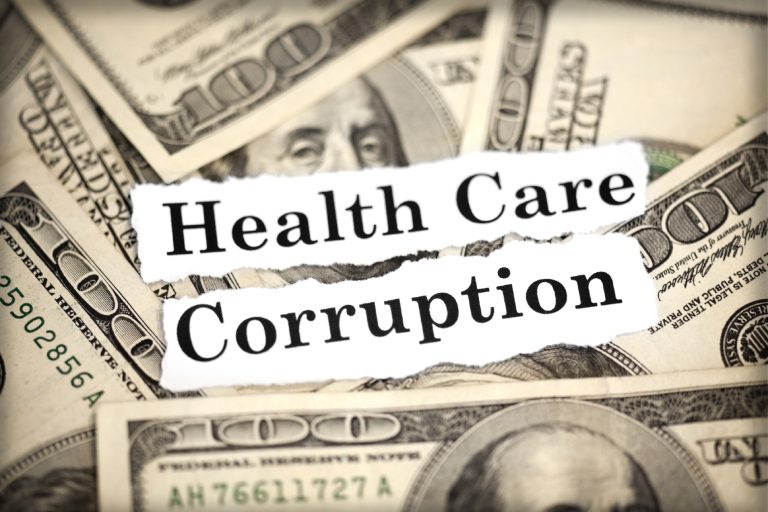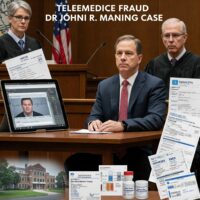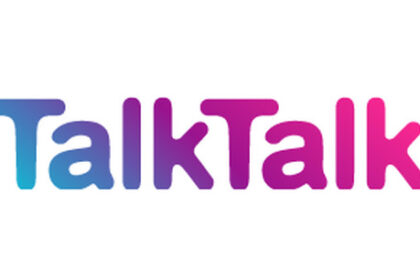Owner of Medical Equipment Provider Sentenced to 12 Years In Federal Prison For Collecting A Debt By Extortion and for Tax and Health Care Fraud Conspiracies
Man Who Owed Money to the Owner Was Murdered
Baltimore, Maryland – U.S. District Judge Marvin J. Garbis sentenced Harry Crawford, age 57, of Baltimore, Maryland, on March 28, 2017, to 12 years in prison, followed by three years of supervised release. Crawford previously pleaded guilty to collection of a debt by extortionate means from victim David Wutoh; conspiracy to commit health care fraud; and conspiracy to defraud the United States, for not reporting income from the health care fraud scheme on his taxes.
The sentence was announced by United States Attorney for the District of Maryland Rod J. Rosenstein; Special Agent in Charge Nicholas DiGiulio, Office of Investigations, Office of Inspector General of the Department of Health and Human Services; Acting Special Agent in Charge Thomas J. Holloman of the Internal Revenue Service – Criminal Investigation, Washington, D.C. Field Office; and Chief James W. Johnson of the Baltimore County Police Department.
According to his plea agreement, Crawford owned, and was President and CEO of RX Resources and Solutions (RXRS), a durable medical equipment provider located in Randallstown, Maryland. Beginning in 2012, co-defendant Matthew Hightower worked as a delivery driver for RXRS.
According to his plea agreement, in 2013 Crawford approached Hightower to facilitate a loan to Crawford’s longtime friend, David Wutoh. Wutoh promised Hightower an enormous rate of return. In exchange for $15,000 in cash, Wutoh would pay Hightower $20,000 within a short period of time. Crawford also loaned Wutoh at least $6,000 of his own money. Wutoh did not pay either man back the money he had borrowed, as a result, from May through September 2013, Crawford and Hightower used cellular telephones and electronic messaging to harass, threaten, and coerce Wutoh to repay the loans.
For example, according to the plea agreement, on June 7, 2013, Wutoh sent an electronic message to Crawford stating, “Battery dying.” Crawford responded, “You will be also. Stop playing with people’s money.” On September 13, 2013, Crawford sent an electronic message to Wutoh telling him to put him in his will. Wutoh responded to Crawford, “you are.” As of September 21, 2013, Wutoh had not repaid Crawford or Hightower all of the money he borrowed from them.
According to Crawford’s plea agreement, on the evening of September 21 and the early morning hours of September 22, 2013, Hightower traveled from West Baltimore to East Baltimore County in the area of Wutoh’s home. At about 2:50 a.m. on September 22, 2013, Wutoh was shot in the living room of his home, by an assailant who fired multiple shots through the front window. According to the plea agreement and evidence presented in court, moments later, Hightower answered a phone call on a phone registered in another person’s name. Records showed the phone was located in close proximity to the house where Wutoh was murdered.
During interviews conducted with Crawford by law enforcement officers investigating the murder, Crawford never disclosed Hightower’s outstanding loan to Wutoh, nor Crawford’s efforts to have Wutoh repay it. When asked directly whether Hightower had any reason to harm Wutoh, Crawford said, “No.”
Co-defendant Matthew Hightower, age 34, also of Baltimore, was convicted of extortion and the murder of David Wutoh on September 22, 2016, after a seven-day trial and sentenced to 380 months in prison. Health care fraud charges remain pending and a trial date has not been set.
Further, Crawford admitted that from 2010 through May 2014, he conspired with co-defendant Elma Myles, who was a biller at RXRS, to defraud Medicaid and other health benefit programs by having RXRS bill for adult incontinent supplies (diapers) that were never provided, overcharge for supplies actually delivered, and bill for supplies that were unneeded and had not been prescribed by a physician. Myles and Crawford lived together and were once domestic partners.
According to their plea agreements, Crawford and Myles used the personal identity information of clients to submit fraudulent claims to Medicaid and other health care benefits programs for disposable medical supplies that were not delivered to the beneficiary. In addition, Crawford and his co-conspirators delivered medical supplies to beneficiaries who did not need the supplies and whose physicians had not prescribed the supplies, even after the beneficiaries reported that they did not want or need the supplies. According to the plea agreement, a co-conspirator would sign or have someone else sign delivery tickets when deliveries had not actually taken place so that the records of RXRS would falsely document the delivery.
On February 4, 2014, federal agents executed a search warrant at RXRS and Crawford and Myles’s home. Agents recovered almost $60,000 in cash from a clothes bin beside the bed in Crawford’s room, and boxes of patient files from the house. A review of bank records shows that Crawford used the proceeds of the fraud directly for the accounts of RXRS, using a significant portion of the proceeds for his personal benefit, including mortgage payments, personal travel, restaurants, and social events. In addition, Myles had made a makeshift closet containing tens of thousands of dollars’ worth of clothing and designer shoes, including apparel for her then three-year-old granddaughter who competed in beauty pageants. From RXRS agents recovered emails documenting a criminal plan at the inception of RXRS, and fraudulent delivery tickets from December 2013 and January 2014.
An analysis of RXRS billing of Medicaid from 2007 through 2014 establishes that the loss to Medicaid just for incontinent supplies billed but not provided is approximately $1.2 million. A review of bank records shows that Crawford and Myles used the proceeds of the fraud directly for the accounts of RXRS, using a significant portion of the proceeds for their personal benefit, including clothing, personal cars, mortgage payments, payments to Myles’ daughter and to a business entity set up for the benefit of Myles’ daughter, to a private school for their granddaughter, personal travel, restaurants, and hosting social events. Finally, Crawford admitted that he conspired to defraud the United States by not reporting or paying taxes on the proceeds of the fraud. The IRS determined that Crawford owes $102,782.17 in federal taxes and $25,000 for state taxes for tax years 2010 through 2013. Judge Garbis ordered Crawford to pay restitution in those amounts.
On March 2, 2017, Judge Garbis sentenced Elma Myles, age 52, of Baltimore, to four years in prison, in connection with her role in a health care fraud scheme, aggravated identity theft, and conspiracy to defraud the United States for failing to file income tax returns. Judge Garbis also ordered Myles to pay restitution of $1,207,585.38 to Medicaid.
United States Attorney Rod J. Rosenstein commended the HHS-OIG, IRS, and Baltimore County Police Department for their work in the investigation, and thanked the Maryland Attorney General’s Office Medicaid Fraud Control Unit for its assistance. Mr. Rosenstein thanked Assistant U.S. Attorneys Aaron S.J. Zelinsky, Judson T. Mihok, and Sandra Wilkinson, who are prosecuting the case.














